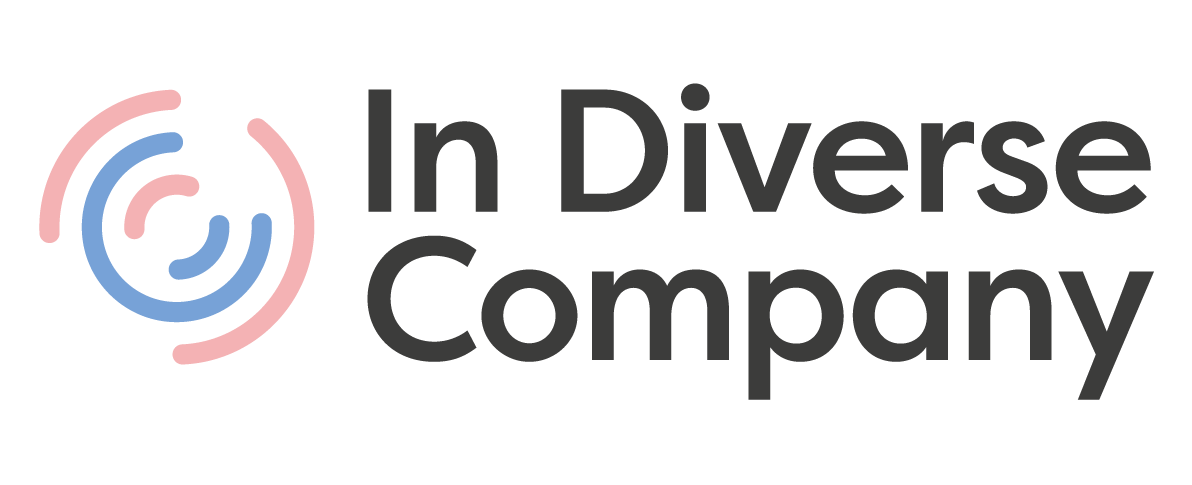By Jai Thade, Head of Content
The conversation around productivity often revolves around tips, tricks, and hacks that will allow us to sharpen our attention, enhance our creativity and upscale our output. However, such conversations often miss out on a crucial factor that can easily increase our ability to output more work and to also output higher quality work. This deceptively simple yet crucial factor is asking others around us for help.
No person is an island, and effectively leveraging the people around us can help us
- Utilise expertise within our team which we don’t personally have, and overcome blind spots we do have
- Free up more of our mental space to make high-ROI contributions, as opposed to stretching ourselves thin and making poorer-quality, low-ROI contributions
- Take care of our energy levels and mental wellbeing which allows us to have sustainable productivity, as opposed to quickly extinguished bursts of productivity
Looking at asking for help as a tool in our utility kit and as a strength as opposed to a sign of weakness is, therefore, a resourceful mindset to adopt.
There are a few principles you can follow to ask for help effectively to boost your productivity.
- Give Help to Get Help
Experiments seem to indicate that reciprocity is hard-wired into our brains. By building a positive reputation as someone who helps others will make others want to help you, perhaps even those who you haven’t directly helped. This reputation may not necessarily be permanent, so it is important to renew it whenever possible.
Moreover, giving help first makes it easier for some people to overcome the shame, guilt, and hesitation surrounding asking for help.
- Be Precise
Poorly worded, vague, amorphous requests are difficult for people to respond to. Try to be specific, explain the why behind asking, and mention a timeframe within which you would prefer for the other person to act. Don’t make someone guess what you want.
- Leverage the Power of Networks
Even if those you ask for help cannot help you directly, never underestimate the power of their personal and professional networks. Until you ask, you don’t know who other people know. Through these extended networks, you may find help and resources beyond what you thought might be possible for a person in your position.
***
In our experience working with employees from organisations from across the globe, the primary factor that holds individuals back from asking for help is the unwillingness to be vulnerable. It’s most certainly not easy to demonstrate vulnerability. However, research has shown that demonstrating vulnerability, can have the following advantages:
- It helps build trust in relationships
- It increases self-worth
- It supports innovation and motivation
- It encourages compassion, kindness, and empathy
- It tackles loneliness
Therefore, it is certainly worth the consideration both for our own wellbeing, and also to create a safe culture for others. The question that then arises is – how can we ease ourselves into being more vulnerable?
First, it is important to remember that it is absolutely normal for being vulnerable to feel awkward, painful, difficult, embarrassing, and nerve-racking. It is also important to acknowledge honestly that there is a chance, however small, that in a moment of vulnerability we are rejected in some way.
Preparing ourselves mentally that all of this is okay, and that all of this is part of the process braces us for the worst. It is only after going through the initial pain of repetition that you will arrive at a sense of courage. This courage will let you know that you will be okay no matter what happens – whether you make a mistake, or say something stupid, or even get rejected.
To use a sports analogy, training courage through vulnerability is like a soccer player practicing kicks with their non-dominant leg. That practice will allow them to remain assured that even if they find themselves in a disadvantageous situation, they still have what it takes to perform ably.
Now that we have discussed the important role asking for help plays in driving productivity, as well as some of the relevant approaches and roadblocks to doing so, we would like you to reflect on how you are going to turn this information into action.
***
To find out more about how our series of programmes can be made available to employees in your organisation, please reach out to us at info@indiversecompany.com.
_
Photo by Canva
Liked this article? Share it with your network:
Experiments seem to indicate that reciprocity is hard-wired into our brains. By building a positive reputation as someone who helps others will make others want to help you, perhaps even those who you haven’t directly helped.






